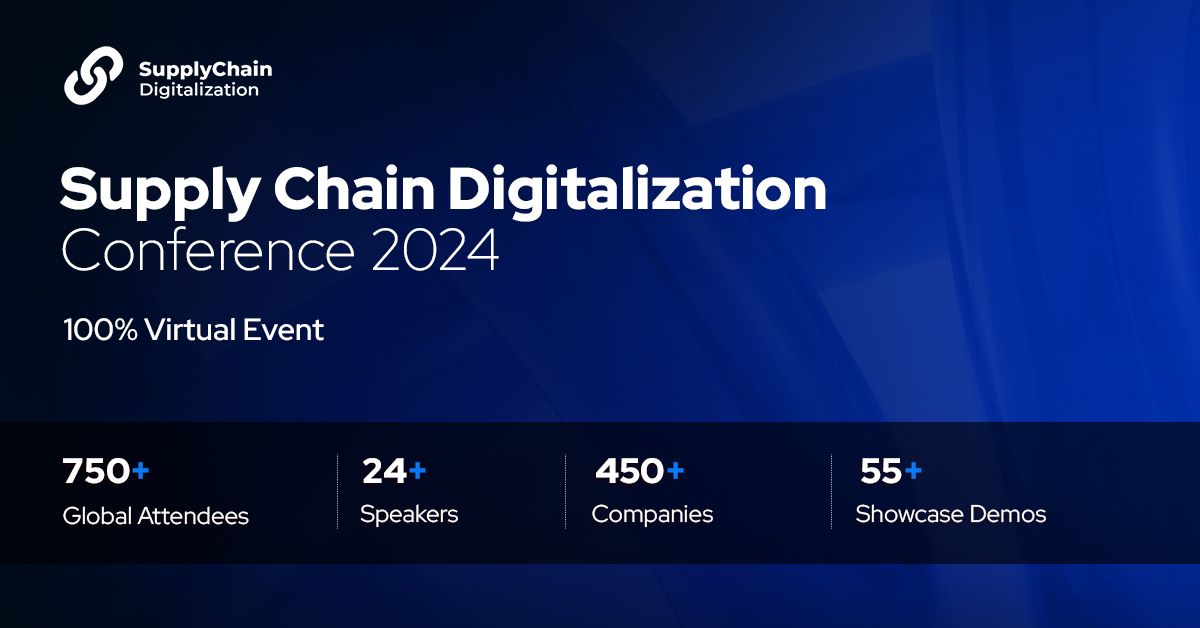In the ever-evolving landscape of supply chain management, adaptability has become the cornerstone of success. As businesses navigate the challenges posed by disruptions, it’s imperative to future-proof their supply chains by embracing new ideas and building agility into systems, processes, and decision-making. The journey from the old era to the era of SCM 4.0 has witnessed seismic shifts, magnified further by the impact of the COVID pandemic. In this blog, we explore the key components of a forward-looking supply chain strategy that ensures resilience, efficiency, and readiness for the unforeseen.
Urenna Nwagwu the Supply Chain Consultant of Guidepoint Global, Urenna’s insights exude innovation and impact. At the Supply Chain Digitalization Conference 2023, she seized the stage with her visionary discourse titled “Future-Proof Your Supply Chain And Develop New Ideas To Win During Disruption, And Build Agility Into Systems, Processes & Decision Making.” This blog delves into Urenna Nwagwu’s profound insights, embarking on a journey through the wisdom she shared during this enlightening conference session.
The supply chain’s evolution is a testament to the dynamic nature of commerce. In the old era, supply chains were often linear and reactive, leaving businesses vulnerable to market shifts and disruptions. However, the pre and post-COVID era has ushered in a new reality. The pandemic exposed vulnerabilities and accelerated the adoption of digital technologies and innovative approaches. SCM 4.0 emerged as the beacon of progress, integrating data-driven insights, automation, and interconnectedness. It’s crucial to recognize that SCM 4.0 isn’t just a technological upgrade; it’s a mindset shift that embraces proactive strategies and anticipates change.
In a world marked by changing regulations and government policies, supply chain policies must harmonize with these norms to ensure seamless operations. The ability to swiftly adapt to evolving requirements can make or break a supply chain’s resilience. Looking ahead, the future demands a supply chain that is adaptable, responsive, and sustainable. Moreover, this adaptability extends beyond just systems; it encompasses the skilled generation that will drive these systems. Empowering the workforce with the skills needed for SCM 4.0 is an investment in a competitive advantage that will stand the test of time.







